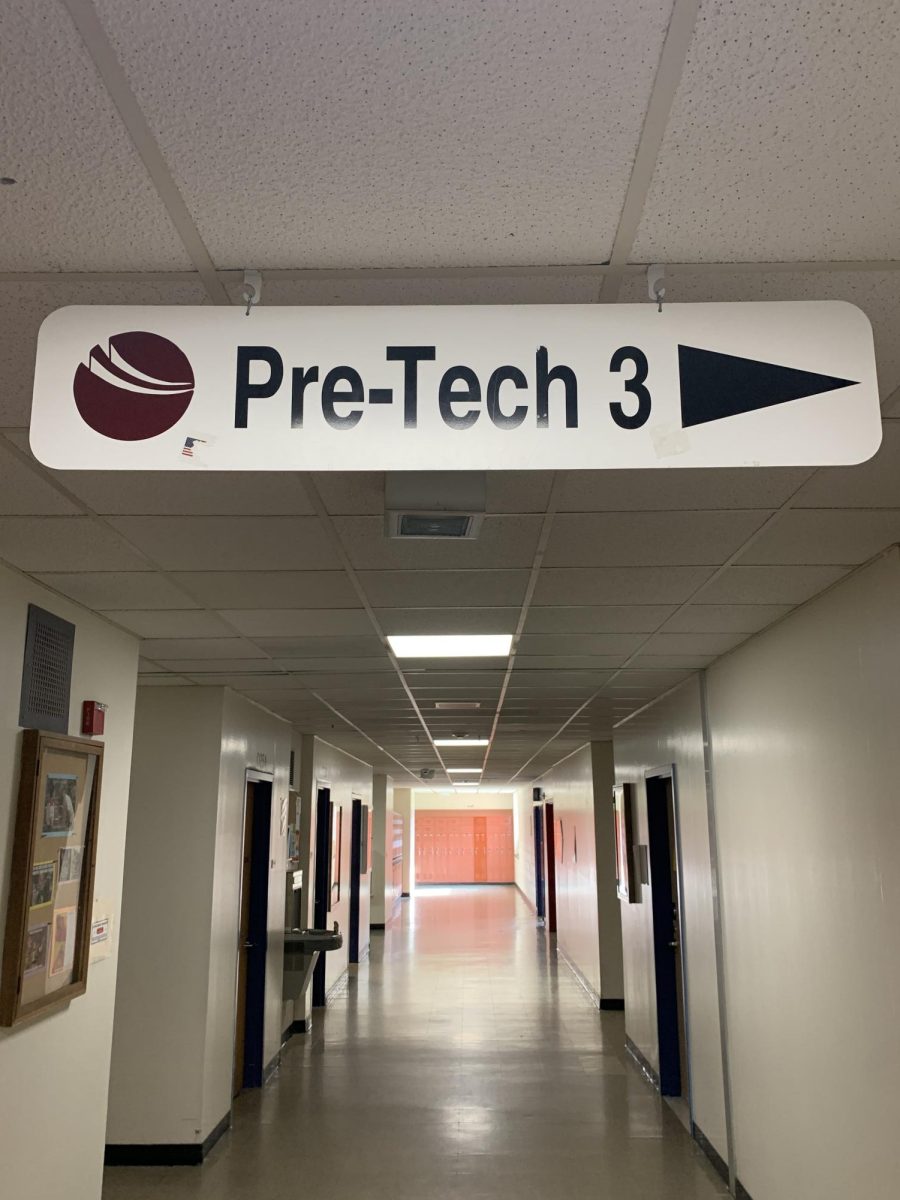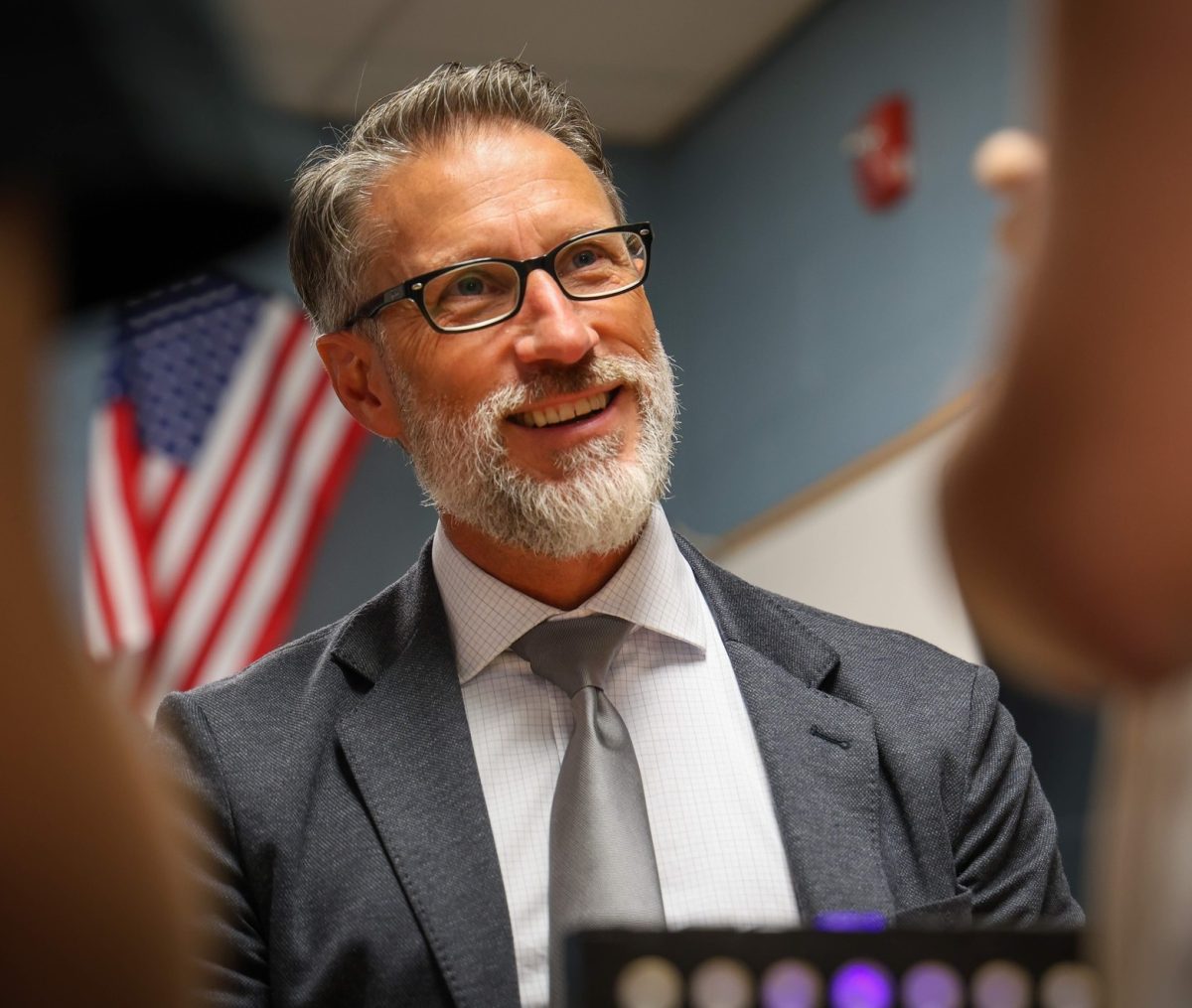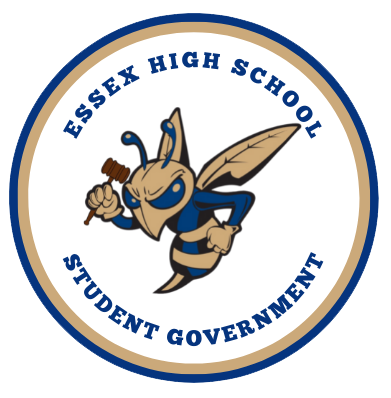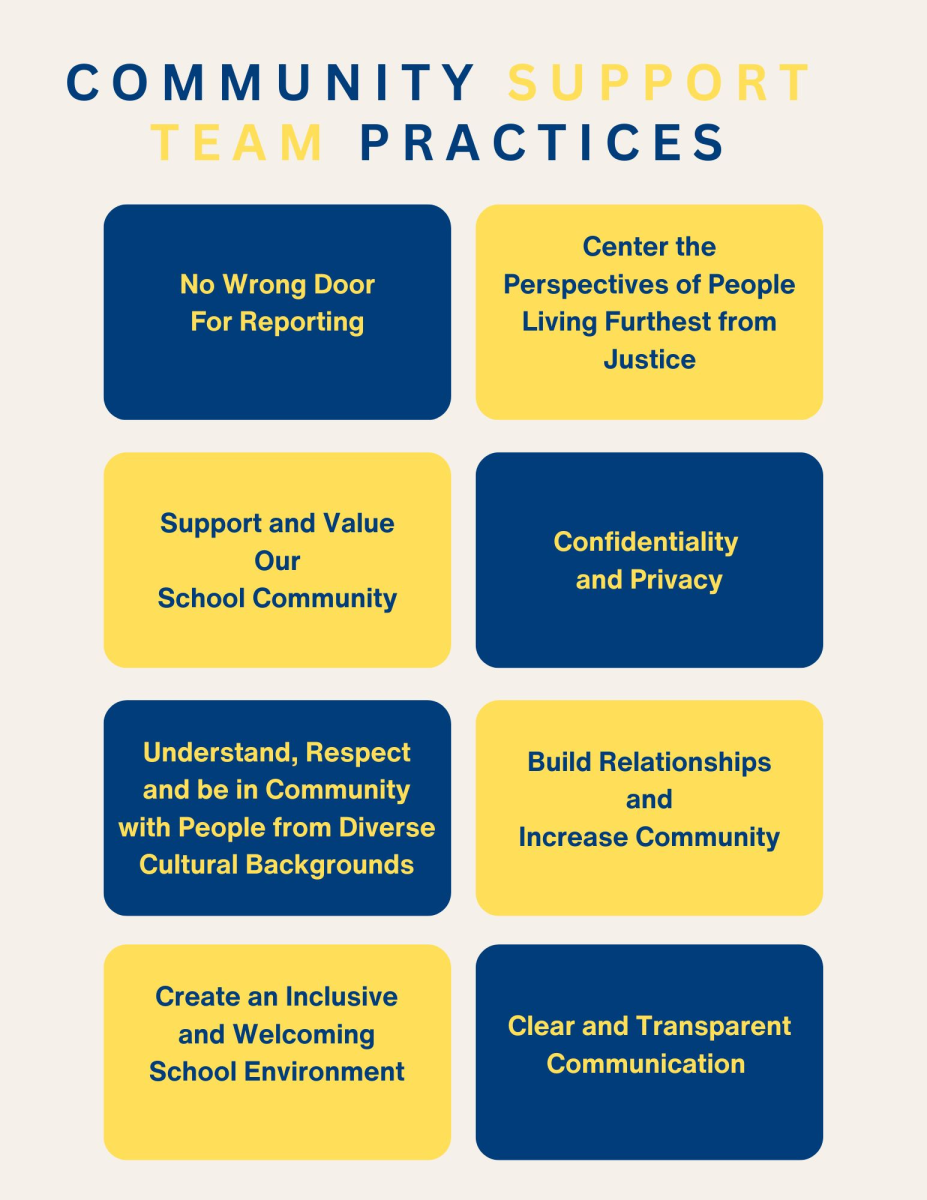Wednesday Early Release: Wasteful or Worth it?
January 13, 2023
Per district policy, Essex High School employees have an obligation to “maintain the reputation of the school.” Some quotes will remain anonymous to protect our sources.
Every Wednesday, students in the Essex Westford School District (EWSD) are released one hour early. This totals 38 hours of student learning that is reallocated to professional learning communities (PLCs) per year or, in other words, 5 ½ school days.
In the 2018-2019 school year, EWSD introduced this once a week early release to allow for teacher professional development.
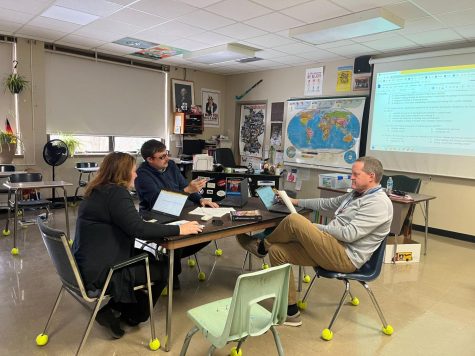
At Essex High School, PLCs gather in departments to discuss teaching practices. For example, the 9th grade English PLC collaborates on lesson plans and assessments for first-year students.
Superintendent Beth Cobb emphasized the importance of PLCs. She explained that groups come together to, “define what proficiency looks like at points throughout the year, create and share best practices in instruction and assessment, look at student assessment data and student work, and identify gaps in student learning,” among other practices.
EHS English teacher, Cyrus Dudgeon, reiterated the same notion. “I personally really love PLCs. It’s just getting everyone on board, convincing everyone that they’re worthwhile, and getting the right team with the right norms. It takes time, just like in creating a classroom community.”
For some high school teachers, however, PLC meetings are viewed as unproductive.
One educator listed colonoscopies, dental visits, taxes, and Wednesday PLC meetings all under the category of “the unpleasant things in life.”
“In terms of Wednesdays, I’m not on board yet. It just feels wrong to me, and I don’t value it,” the same EHS teacher anonymously told The Hive.
“In my class, there were things that we usually got to before break. For example there is a whole unit that we usually got in that we’re not able to do anymore because of the time we lost. But it’s not just the clock time, it is the disruption,” another source shared.
The Hive recently conducted an anonymous survey of Essex High School teachers to better understand how they feel about PLCs. Fifty-one teachers participated and while many emphasized how they enjoy collaborative time with their colleagues, others expressed their frustrations with the adjusted schedule. Over 50% of respondents indicated that they believe the adjusted Wednesday schedule negatively impacts their students’ learning.
AP Statistics teacher, Stacey Anthony, reviewed all data for legitimacy.

Many teachers have participated in training modules to better understand the impact of PLCs. In these trainings, they learn how to best participate in, and implement, a PLC.
The EWSD utilizes the organization Solution Tree for many of their PLC trainings. According to the Solution Tree website, the company primarily works to “raise student achievement through a comprehensive range of services and products including events, district solutions for long-term professional development, books, videos, online courses, and more.”
The training is “not revolutionary. It’s just kind of restating what good teaching is,” one teacher said, “Some of the templates can feel a little like busy work.”
Teachers were also given the opportunity to rate the PLC training they’ve received as it pertains to both student learning and equity.


Over 50% of respondents rated the professional training as a one or a two on the scale of helpfulness.
Recently, Solution Tree made headlines for their controversial pronoun policy. The policy prohibits employees from including their pronouns in their email correspondence with clients. Some teachers noted how the Solution Tree policy may contradict the EWSD equity policy.
The Hive reached out to EWSD Director of Learning and Instructional Impact, and Solution Tree employee, Jackie Tolman, twice to understand her perspective on PLCs. She did not provide a quote.
Many teachers struggle to see the benefits of PLCs. One anonymous survey respondent wrote, “Ultimately, what happens during PLC times (often useful and productive conversations and collaboration) is not worth the missed class time with students.”
Some teachers find the PLC structure itself to be challenging. One teacher shared in their survey response: “There have been some inconsistencies. Sometimes PLC meetings get canceled, so that’s been frustrating. You may have something planned, and then admin wants to go in a different direction, so you have to abandon what you are doing. It’s 2 hours of wasted time at meetings.”
One survey respondent shared similar feelings, “After the effects of Covid, falling test scores, and increased mental health challenges, reducing students’ access to support and class does not seem to justify the gains of PLC meetings.”
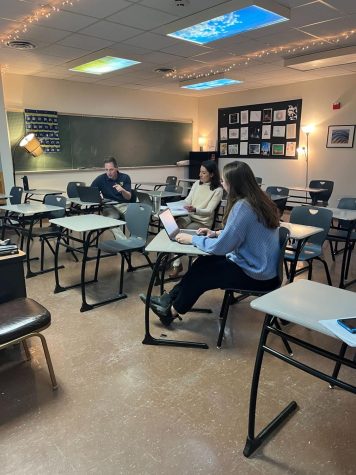
Other school districts in the state, such as the Mount Mansfield School District, utilize early release about once a month for their PLC time. Some teachers believe less frequent interruptions could be a potential solution to their dissatisfaction. “That’s why I really like the MMU model better. They do early release once per month but in a two hour period,” one source explained.
When asked, teachers responded that an ideal Wednesday afternoon would include more consistency, as well as more time to focus on the specific needs of the PLC. One teacher stated, “A true PLC gets to determine what they want to work on. If it’s a goal we don’t buy into, it’s merely a waste of our time.”
Respondents overwhelmingly stated that they enjoy the collaborative time that the PLC environment provides. They also noted that the aspect of reviewing curriculum with other teachers has been beneficial to their pedagogical success.
Among the survey respondents, one said, “Whether PLCs are effective or not is not the question. The question is must they take place in the context of a disruptively inconsistent schedule? Is there no other way to conceptualize being a PLC organization without having this unhappy scheduling situation?”
These are questions that many EHS teachers hope to see answered in the coming years. For now, however, they continue to convene each Wednesday in PLCs discussing how to best educate Essex High School students.



